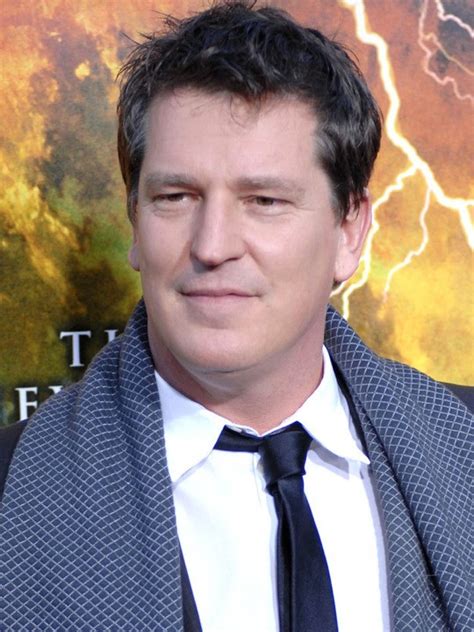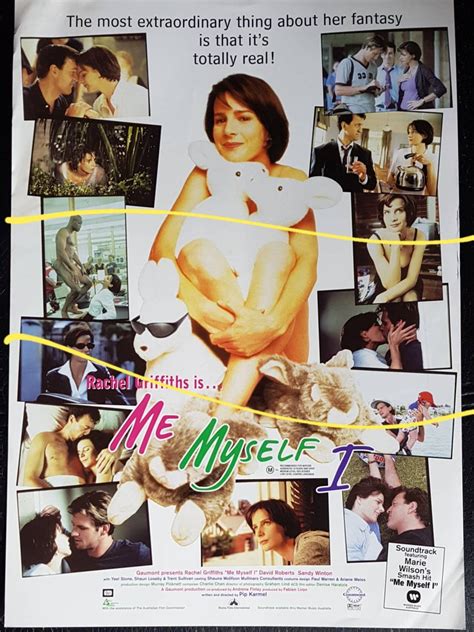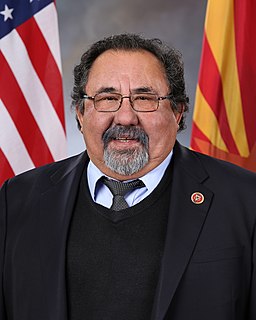A Quote by Stephen Hopkins
There's no attempt to manipulate the audience. We made our choice at the start.
Related Quotes
Religion is part of the human make-up. It's also part of our cultural and intellectual history. Religion was our first attempt at literature, the texts, our first attempt at cosmology, making sense of where we are in the universe, our first attempt at health care, believing in faith healing, our first attempt at philosophy.
We human beings do have some genuine freedom of choice and therefore some effective control over our own destinies. I am not a determinist. But I also believe that the decisive choice is seldom the latest choice in the series. More often than not, it will turn out to be some choice made relatively far back in the past.
To enter upon the marriage union is one of the most deeply important events of life. It cannot be too prayerfully treated. Our happiness, our usefulness, our living for God or for ourselves afterwards, are often most intimately connected with our choice. Therefore, in the most prayerful manner, this choice should be made.
Russia has made its choice in favor of democracy. Fourteen years ago, independently, without any pressure from outside, it made that decision in the interests of itself and interests of its people - of its citizens. This is our final choice, and we have no way back. There can be no return to what we used to have before.






































